Publications
Articles, publications, books, tools and multimedia features from the U.S. Institute of Peace provide the latest news, analysis, research findings, practitioner guides and reports, all related to the conflict zones and issues that are at the center of the Institute’s work to prevent and reduce violent conflict.
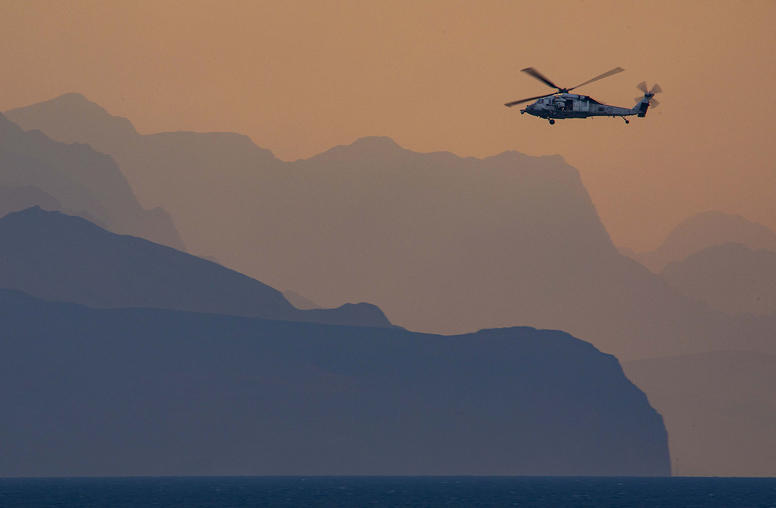
The United States Weighs Its Options in the Face of Iran’s Provocations
Three U.S. troops were killed and at least 34 injured in a drone strike on a U.S. base in northeast Jordan on January 28. The attack comes against a backdrop of rising regional tensions since the outbreak of conflict in Gaza following the October 7 Hamas terrorist attack on Israel.
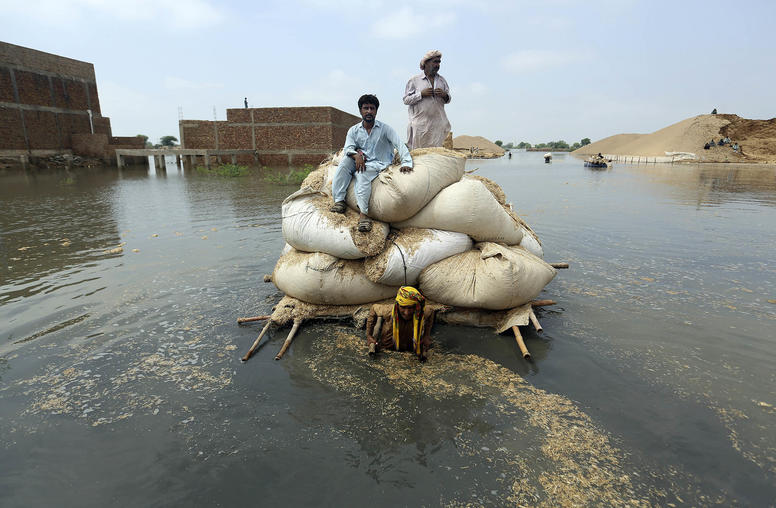
Displaced to Cities: Conflict, Climate Change, and Rural-to-Urban Migration
Countries as geographically diverse as Honduras, Jordan, and Pakistan are experiencing a common challenge—rapid growth in urban populations as conflict and climate-induced disasters push people from rural areas into cities. This report examines the effects of this increased urban migration on both the migrants and the urban environment, as well as the challenges policymakers face. It offers recommendations to help meet the needs of growing urban populations and develop adaptive, resilient systems to better withstand the impacts of climate change and conflict.
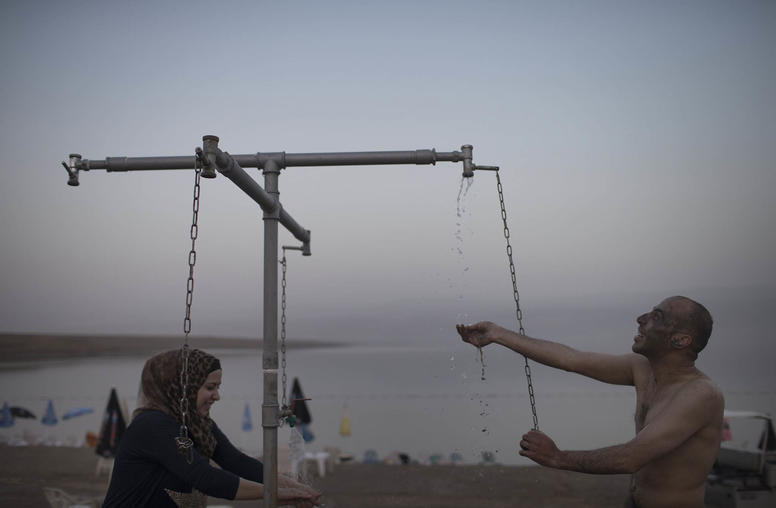
Water Can Be a Rare Win-Win for Israelis, Palestinians and the Region
From Israel’s turbulent electoral politics and Palestinian political dysfunction to the cycle of intercommunal violence in the West Bank and the humanitarian catastrophe in Gaza, it’s rare for much good news to come out of the Israeli-Palestinian context these days. But this June, a hopeful story emerged from the impoverished Gaza Strip when its Mediterranean beaches were deemed safe for swimming for the first time in decades.
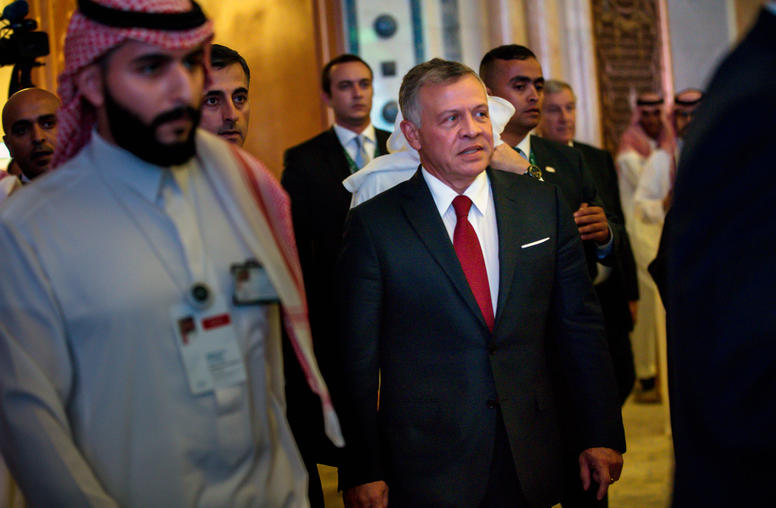
In Washington Visit, Jordan’s King Looks to Reset Relations, Reassert Regional Role
On Monday, King Abdullah of Jordan will become the first Arab head of state to be welcomed by President Biden to the White House. The optics and opportunity are no doubt welcomed by the king, coming at a challenging time for his country domestically and regionally. The White House visit follows on the heels of reports of a secret meeting between Abdullah and Israel’s new prime minister, Naftali Bennet, and the announcement of new Israeli-Jordanian water and trade agreements. The message is clear: Jordan is back as a central player and valued ally for the United States and Israel. But beyond the handshakes, the prospect of smooth sailing toward improved relations will be tested by the ever-turbulent waters of the Israeli-Palestinian conflict.
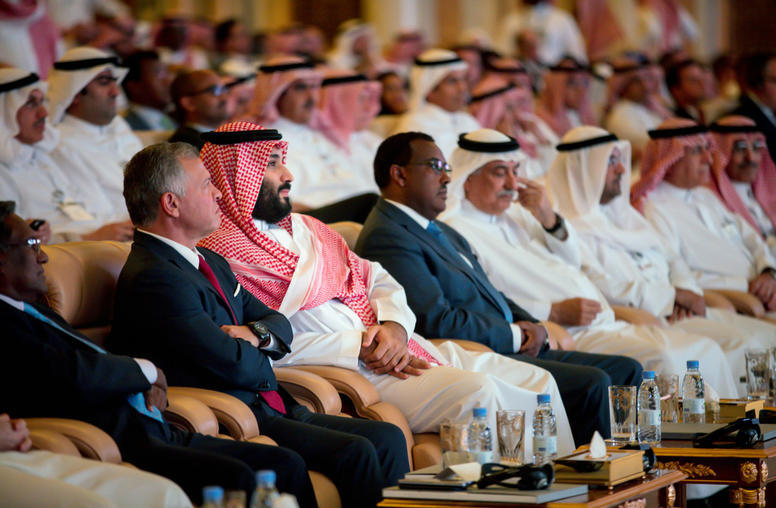
Jordan Sees Danger in Trump’s Middle East ‘Vision’
The Hashemite Kingdom of Jordan has long been a cornerstone of Middle East stability, wielding significant political and strategic influence in the region. As a small country with a weak economy bordered by Syria, Iraq, Saudi Arabia, Israel, and the occupied Palestinian territories, adroit diplomacy is one of its key national resources. Now, Jordan faces a fresh diplomatic challenge: the potential impact of President Trump’s plan for the Israeli-Palestinian conflict on its strategic interests and very future. In the months ahead, Jordan—a crucial partner to the U.S., Israel, and the Palestinians—faces a critical juncture in its relations with both the U.S. and Israel coupled with unprecedented internal challenges.
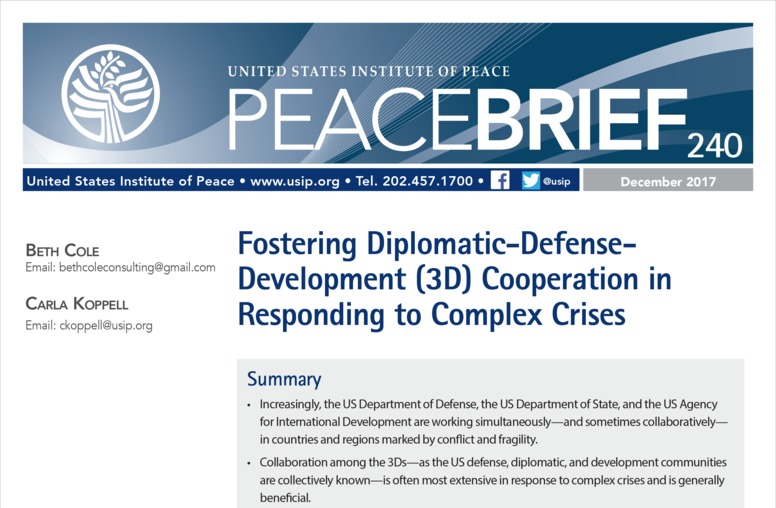
Fostering Diplomatic-Defense-Development (3D) Cooperation in Responding to Complex Crises
The US diplomatic, defense, and development communities (known as the “3Ds”) increasingly find themselves working together to tackle complex crises. This collaboration has already proved its worth, but how can it be made even more effective? A recent USIP research project sought to...
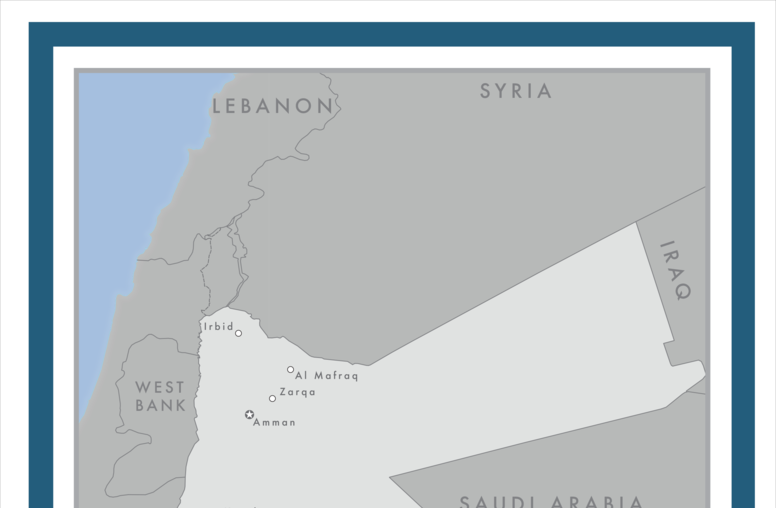
Preserving Stability Amidst Regional Conflagration: US-Jordan 2011-2016
This series of case studies—Burma (2009-2015), Jordan (2011-2016), and the Lake Chad Region (2013-2016)—document efforts and draw lessons from where US government leaders believe deepening crises were staved off through collaborative inter-agency engagement. Part of USIP’s “3D Learning from Complex Crises” project, the cases provide programmatic and operational lessons from complex operating environments. These lessons support systemic integrated approaches to complex crises and will better equip individuals to share objectives when working in inter-agency environments.
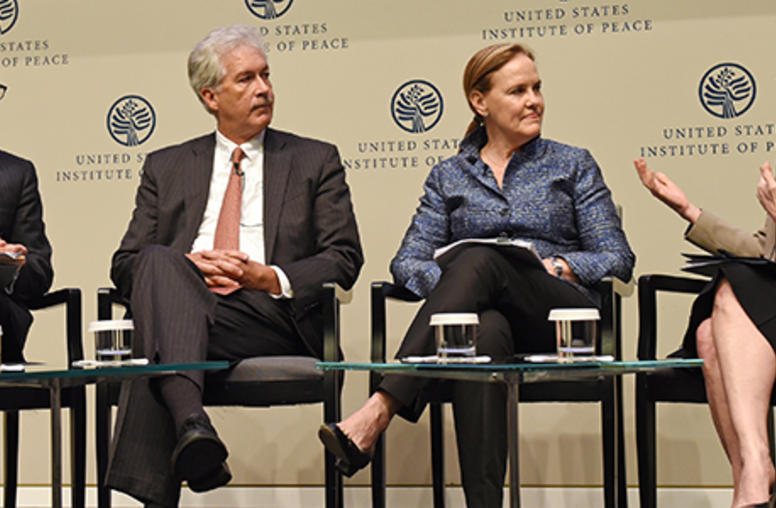
Burns, Flournoy, Lindborg Press Urgency of Fragile States
Three former high-ranking officials in the State Department, the Pentagon and the U.S. Agency for International Development (USAID) urged the next presidential administration to commit more attention and resources to preventing the kinds of violent conflicts that are roiling the Middle East and other regions today and spilling over into neighboring countries, Europe and the United States. Former Deputy Secretary of State Bill Burns, Under Secretary of Defense Michele Flournoy and USAID Assist...
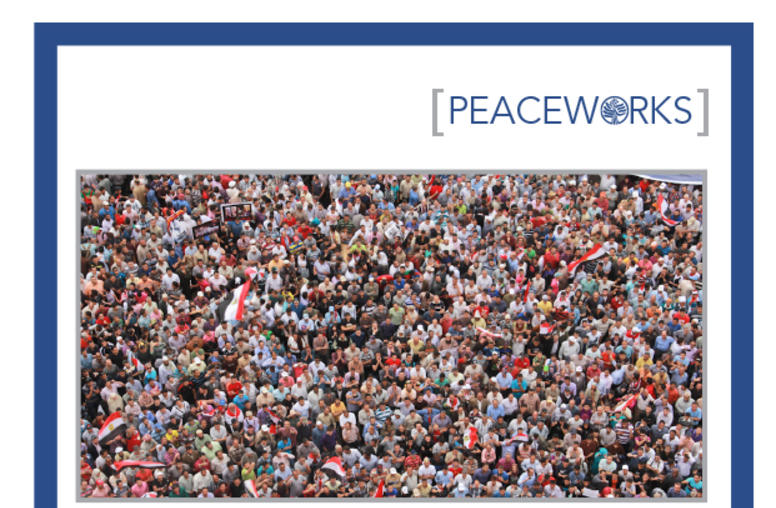
Participatory and Inclusive Constitution-Making
In the wake of the Arab Spring, citizens across the Middle East and North Africa are demanding reforms from their governments. How these governments respond to their people and promote inclusive constitution-making processes may determine whether their new social compacts lead to a durable peace. This report draws from the work of scholars and constitution makers who have been exchanging ideas about how to ensure that modern constitutions incorporate the needs and aspirations of the citizens ...
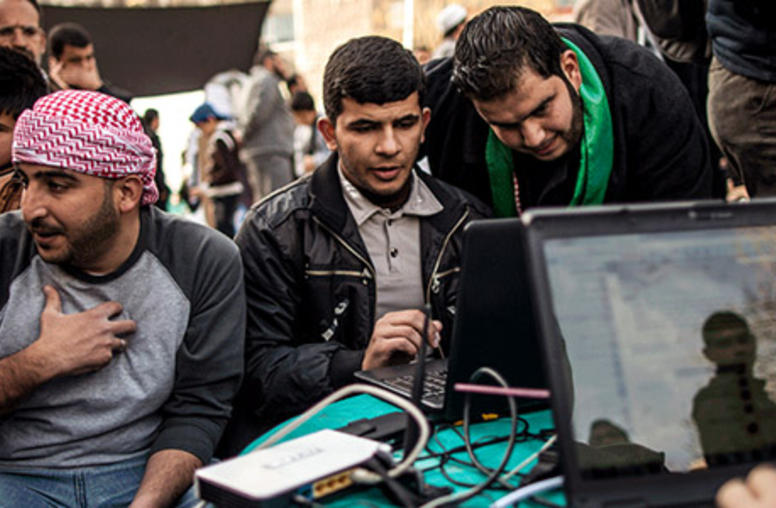
Jordan Election Turnout Masks Risk of Shaky Economy and King’s Restive Base
USIP’s continuing series on “sleeper risks” looks at how King Abdullah is facing challenges to his legitimacy from a broader coalition of groups than the high-profile opposition from the Muslim Brotherhood. Economic protests could create a hair-trigger scenario exacerbated by frustration among the monarch’s traditional base.